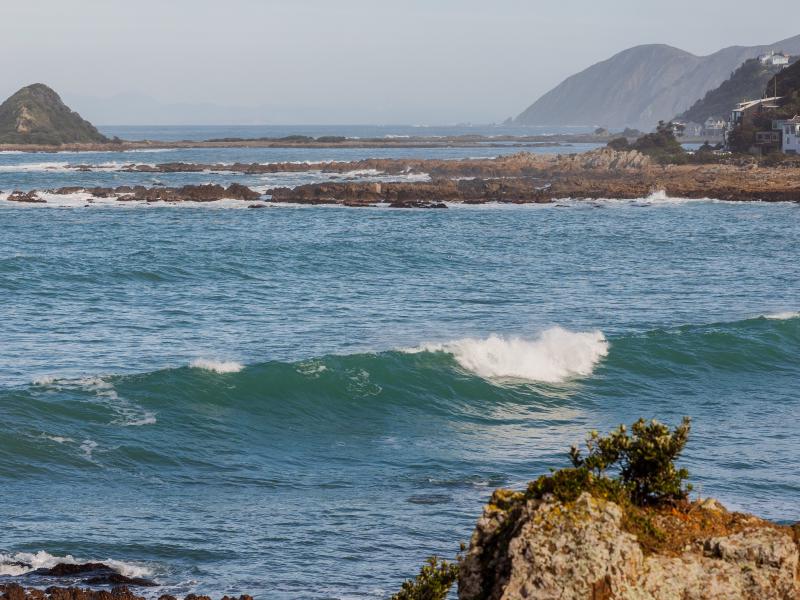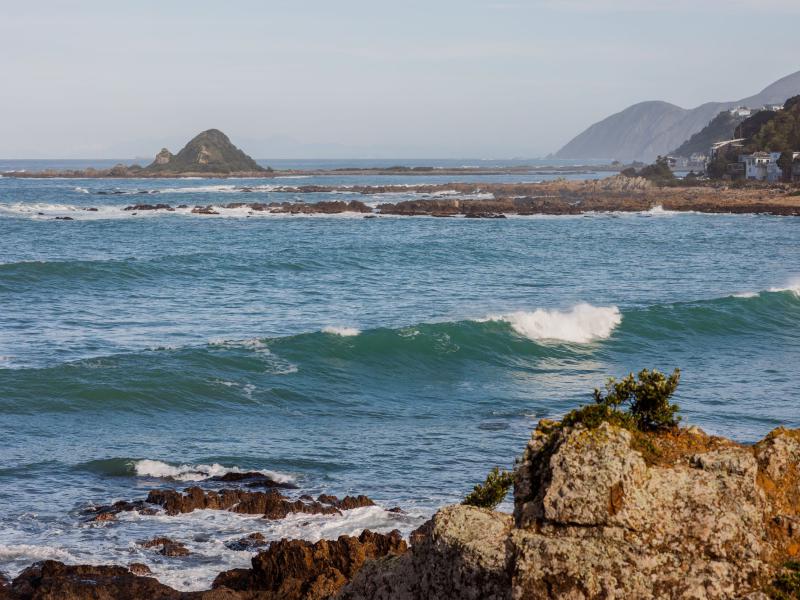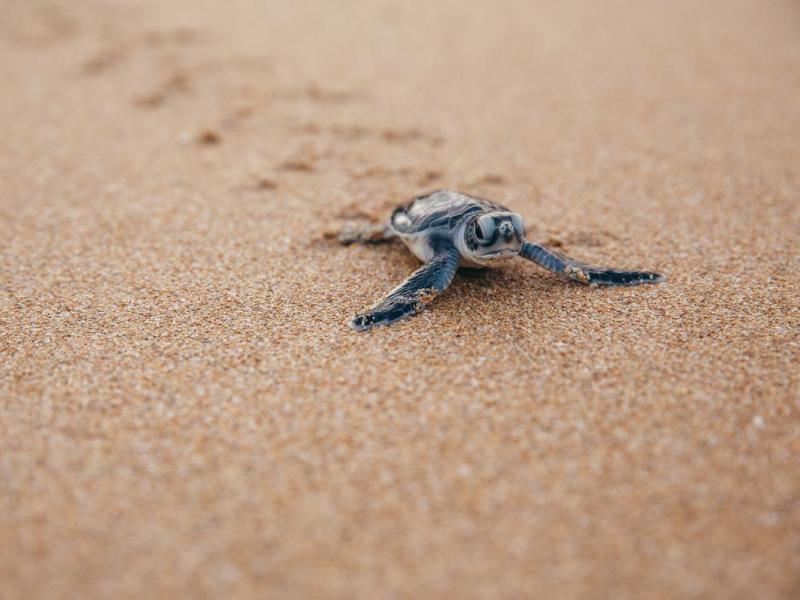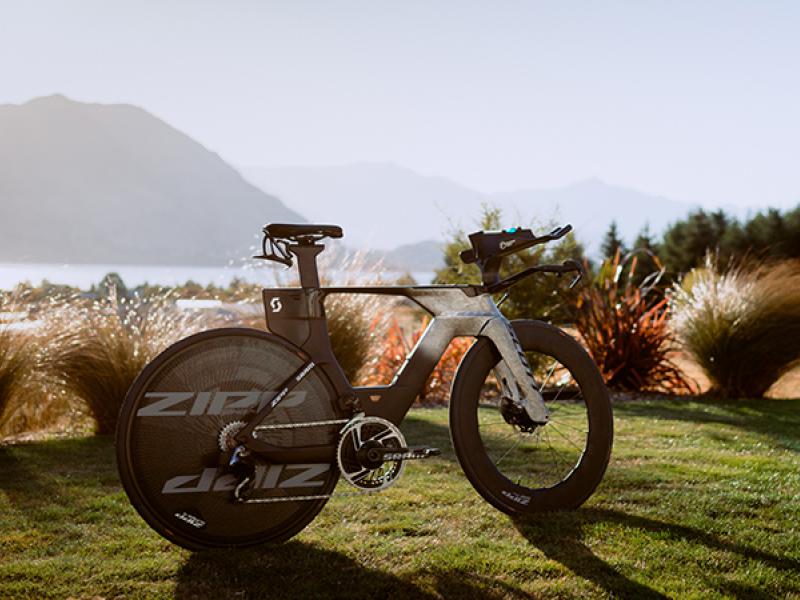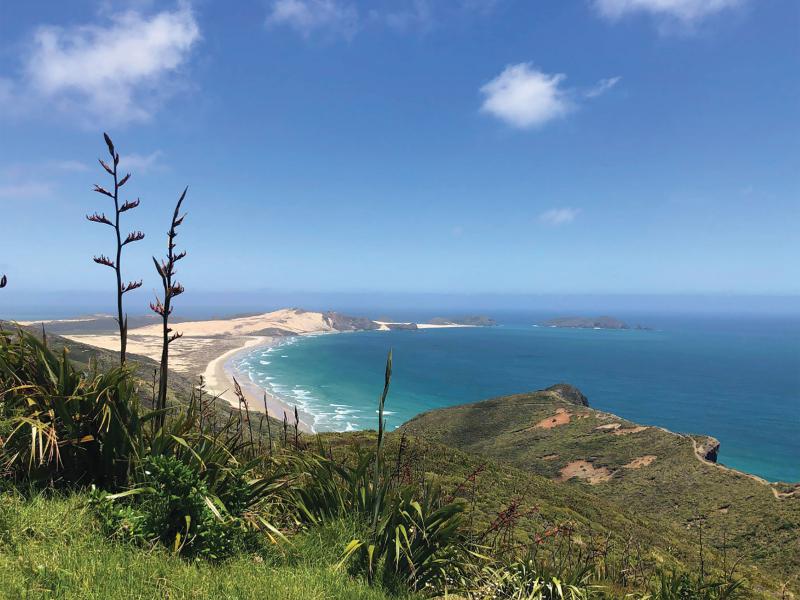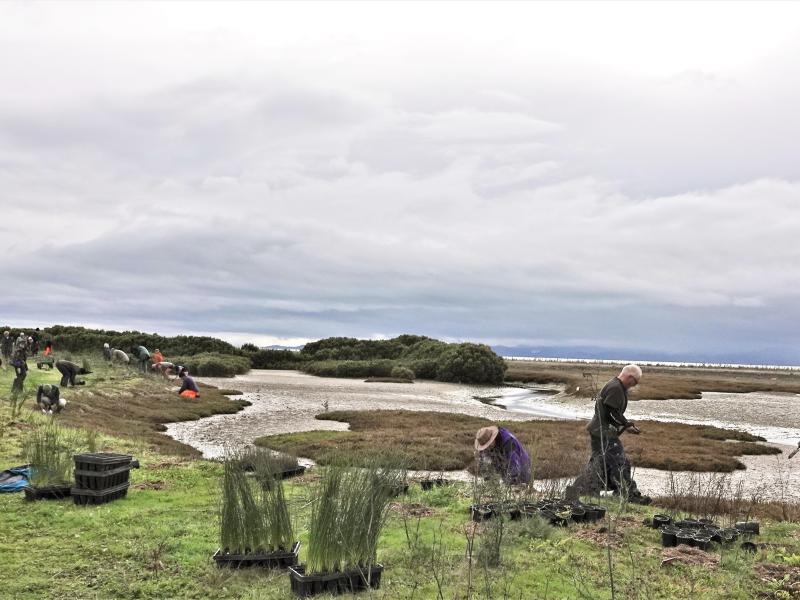WWF-New Zealand is part of the WWF International Network, the world’s largest independent conservation organisation.
WWF’s mission is to stop the degradation of the planet's natural environment and to build a future in which people live in harmony with nature.
We are working to:
- Conserve the world’s biological diversity
- Ensure that the use of renewable natural resources is sustainable
- Promote the reduction of pollution and wasteful consumption
We work on the ground with local communities, and in partnership with government and industry, using the best possible science to advocate for change and effective conservation policy.
Our New Zealand programmes include research, advocacy and partnerships aimed at protecting Aotearoa’s precious habitats and species and minimising harm from fishing and other activities.
Looking after the oceans and the animals that live there is one of WWF’s top global priorities. Because New Zealand has one of the largest marine environments in the world, one that is home to more than 80% of our indigenous biodiversity, the majority of WWF- New Zealand’s current projects focus on marine issues.
We also want to inspire and enable New Zealanders to care for their habitats and species as part of a healthier society and economy. To help Kiwis rise to the global challenge of how to live sustainably today, without compromising quality of life for future generations.
All of our work only happens thanks to our supporters. It is their passion and commitment to our planet that will make our vision of people and nature thriving together possible.
